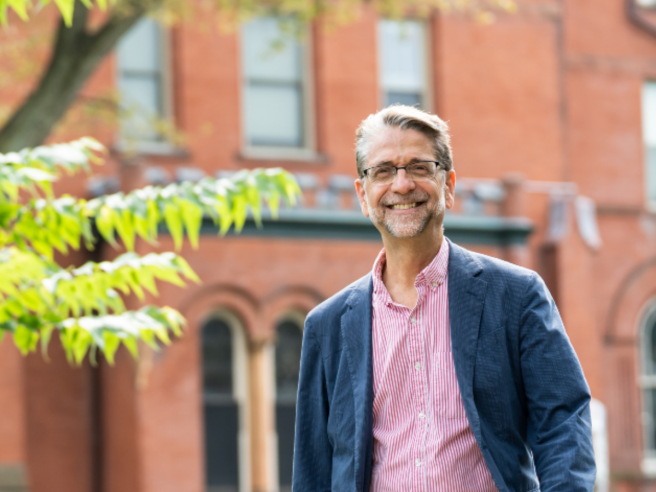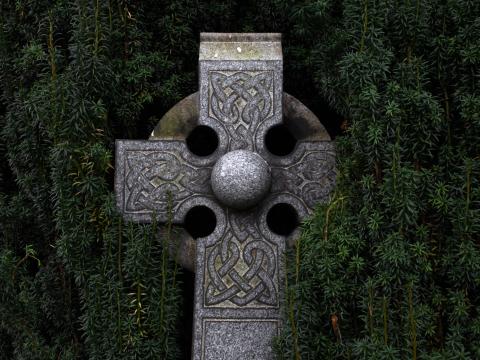As retirement draws closer, Radner reflects
I’ll be retiring next summer. People ask me “why now?”. Lots of reasons, probably: let someone younger have a place at the faculty table; family responsibilities; health; fatigue; out of synch with the culture; “work is done,” “new things to do,” generational stage of life; and so on. These are not just “my reasons,” but the kinds of reasons one is likely to hear from many others in my position.
Read more














